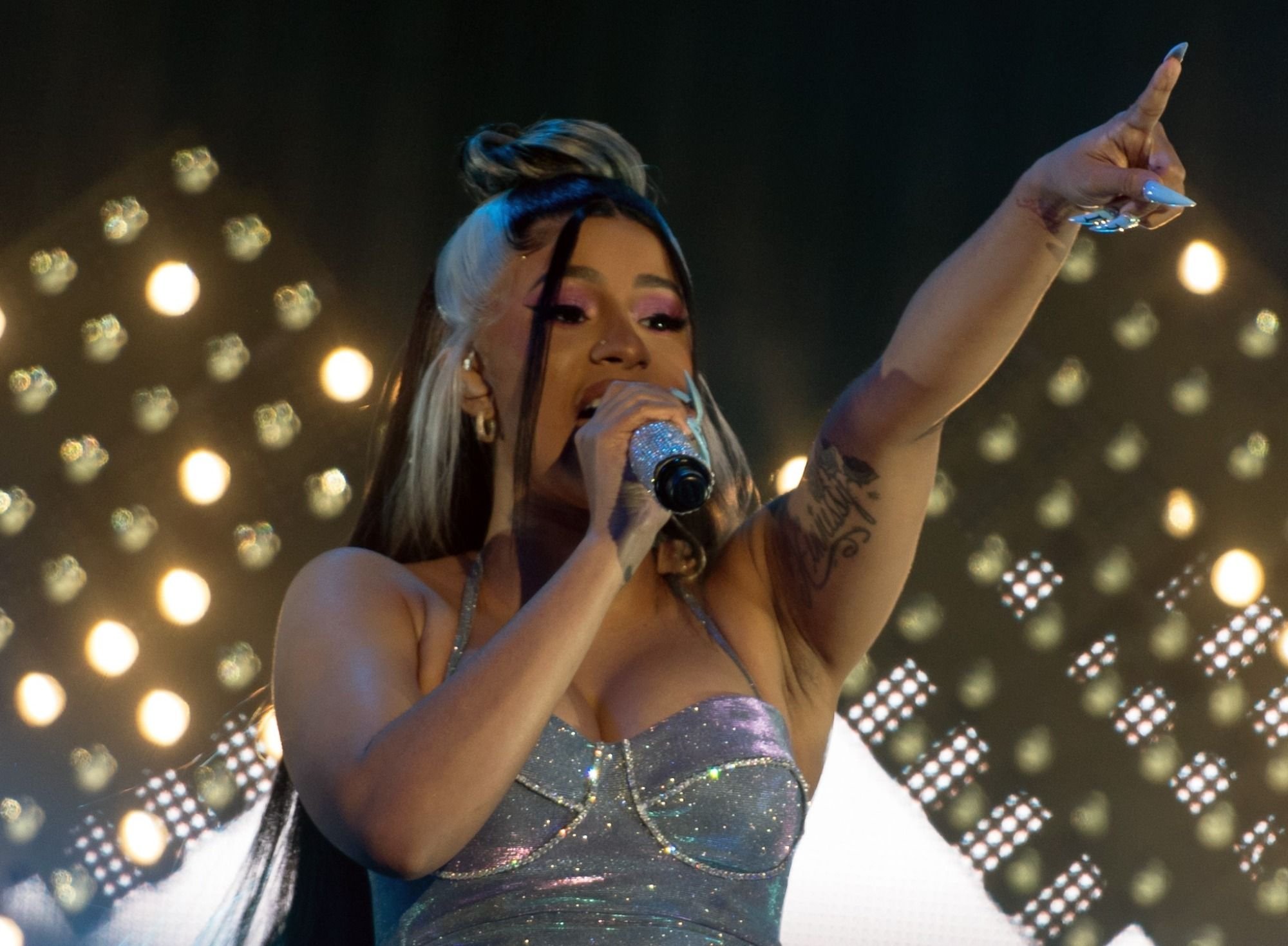What's with the Hate for 'WAP'?

// Image courtesy of Frank Schwichtenberg
On August 7, 2020, Cardi B and Megan Thee Stallion released “WAP”, a song with explicit content to the point that most radio stations couldn’t air it. Regardless, that didn’t stop the song from topping the charts and claiming the number one spot for multiple weeks. While many audiences first streamed it on Spotify, viewed its music video, or danced along on TikTok, some first heard the lyrics on The Ben Shapiro Show, a Daily Wire production hosted by conservative commentator Ben Shapiro. His partial reading of the song concluded with a, fairly honest, declaration that “it gets really, uh, really, really, really, really vulgar.”
The reading went viral for his entertaining vocal inflections and his later Tweeted pronouncement that his wife, who happens to be a physician, had informed him that the song’s eponymous bodily reaction was not to be expected during the primary activity referenced in the song. He sarcastically concluded that “this is what feminists fought for. This is what the feminist movement was all about. It’s not really about women being treated as full rounded human beings[...] And if you say anything different, you’re a misogynist, you see.” Shapiro’s remarks were widely derided. Yet, a contingent of conservatives, including Congressional candidate James P. Bradley, joined him. This leaves us with a question deserving of some examination: does a song like WAP support or harm the fight for feminism?
First off, not every action someone takes has to be in furtherance of their social goals. Not every song by a Black artist has to be an ode to racial justice. Not every joke by a gay comedian must decimate homophobia. However, there is an argument to be made that “WAP” does further the goal of feminism. Merriam-Webster defines feminism as “the theory of the political, economic, and social equality of the sexes.” A respondent on CBS News described it as equal respect. One member on an India Today panel described feminism as being able to do what men do in a social context, without challenge
The men who dominate the songwriting industry have delivered some incredibly raunchy lyrics in the past, lyrics we’re not going to quote here. This goes, for the most part, unchallenged. Women writers have delivered some similar lyrics, often as a verse in a male songwriter’s track or as independent artists without the scrutiny of fame. But overall, men have directed discourse on many topics, including sex, for millennia. For a woman to be speaking— or in this case, rapping— explicitly and independently about sex, and having this message be heard more than any other artist of any other song for more than a month, is something that triggered some commentators. Why can’t a woman having the power to share anything that a man can with the same clarity be something that contributes to feminism, not diminishes it? Of course, this song would be unsuitable for an episode of Sesame Street. But the world isn’t PBS.his song is on sections of the media where people have opted into rated-R content, where explicit conversations over a beat are commonplace. An acceptance of this song isn’t acceptance of vulgarity, it’s equal treatment of equivalent actions in equivalent social contexts— regardless of gender.
Additionally, the many people who scorned the women in “WAP” for disrespecting their own bodies are confusing sexualization for disrespect. Expressing sexuality has never been disrespectful for men, with “locker room talk” accepted in this nation’s highest political office. Nothing in the song was implied to be non-consensual or coerced. Mutually consensual activity isn’t disrespectful, it’s just that women have not been given the same outlet to discuss it. Non-consensual activity is. It’s reclaiming the right to use one’s voice and power to speak about whatever they wish If these commentators don’t spend the same time and energy to discredit the many men who use their voice to sexualize women— often in ways that literally blur the lines of consent— they can’t suddenly pretend to find their voice when women speak of consensual actions.
Irrespective of whether you agree with the power of “WAP” to advance to fight for feminism, with the record-breaking success of the song, you’ve got to agree that if there’s “nothing in this world that [Cardi B] likes more than checks,” she definitely got her wish.
// Chukwudi Ilozue '24 is a guest writer for The Darker Side.